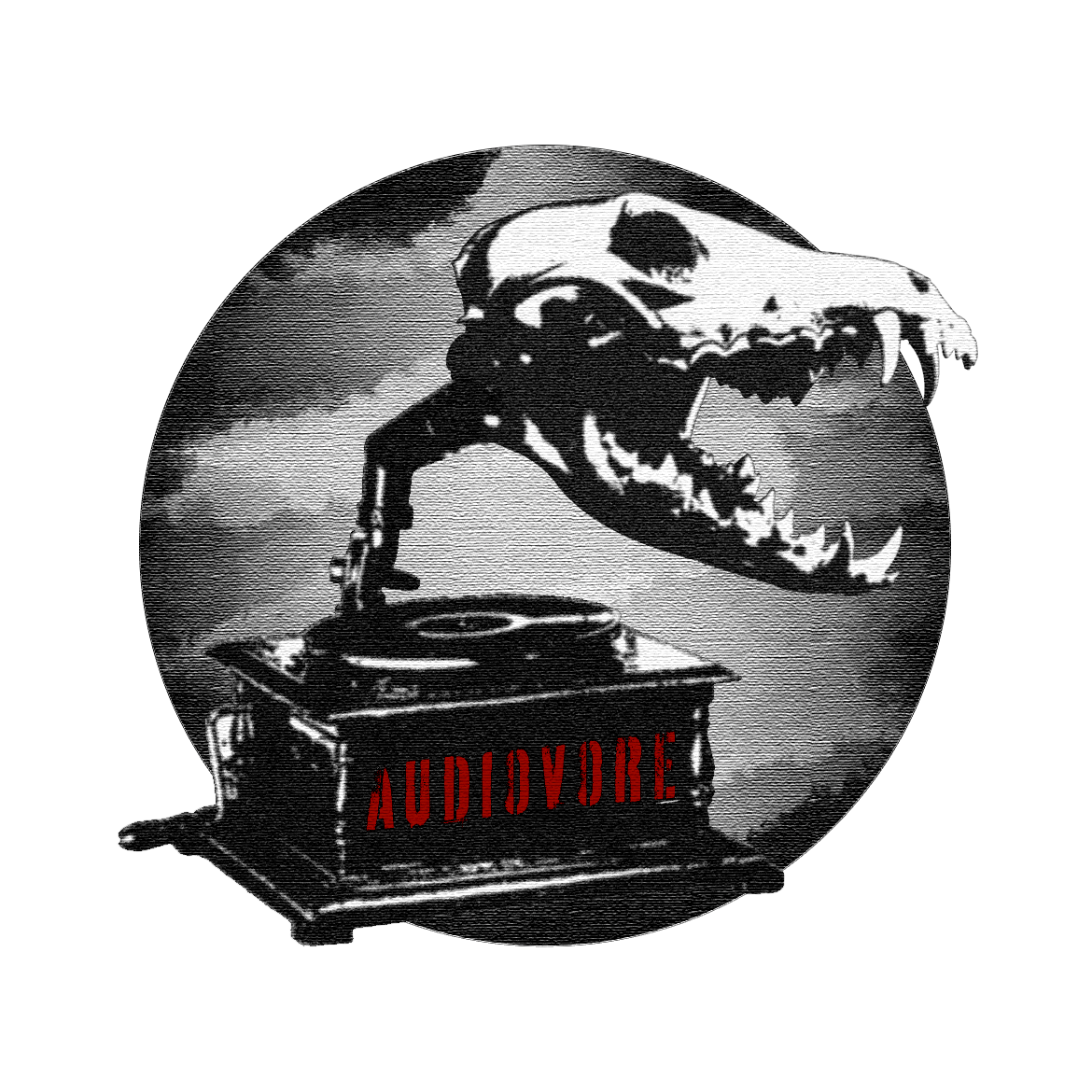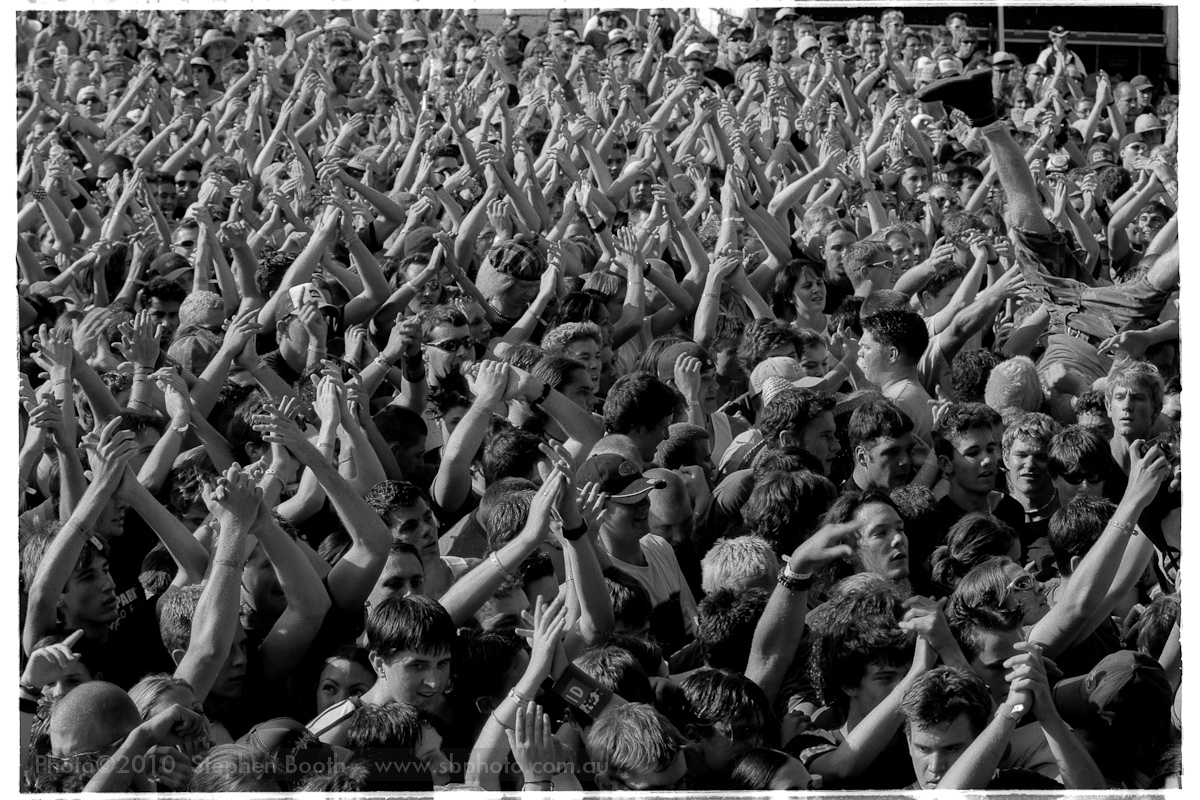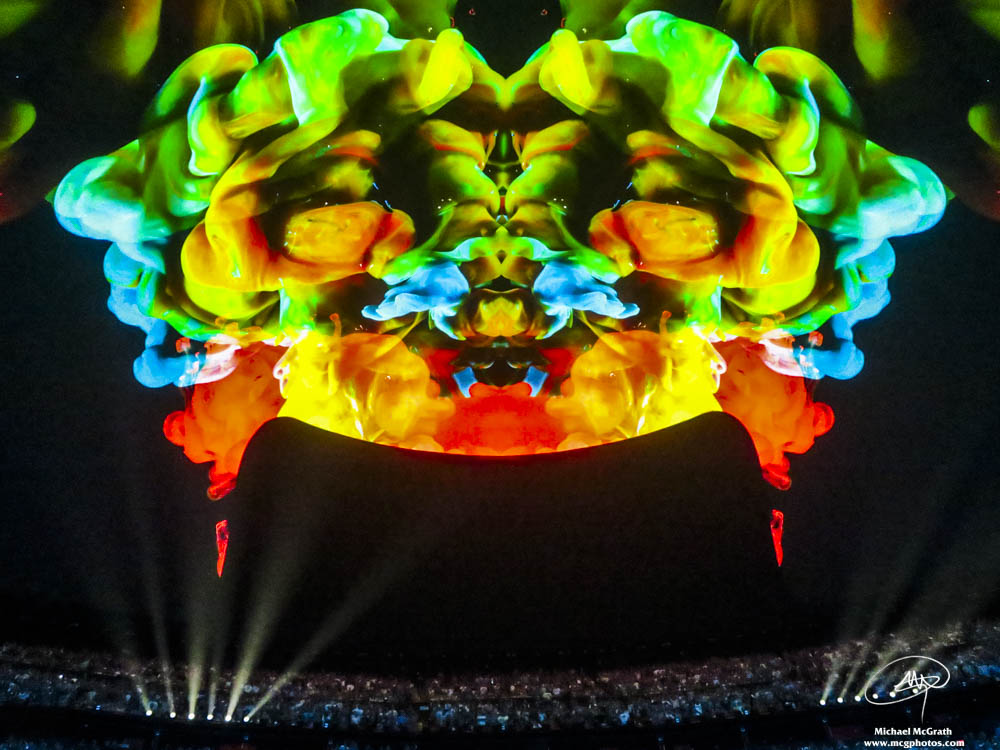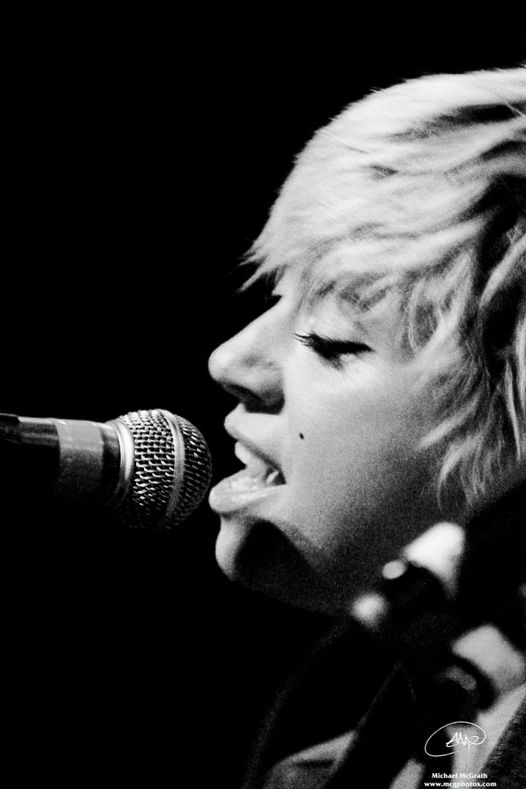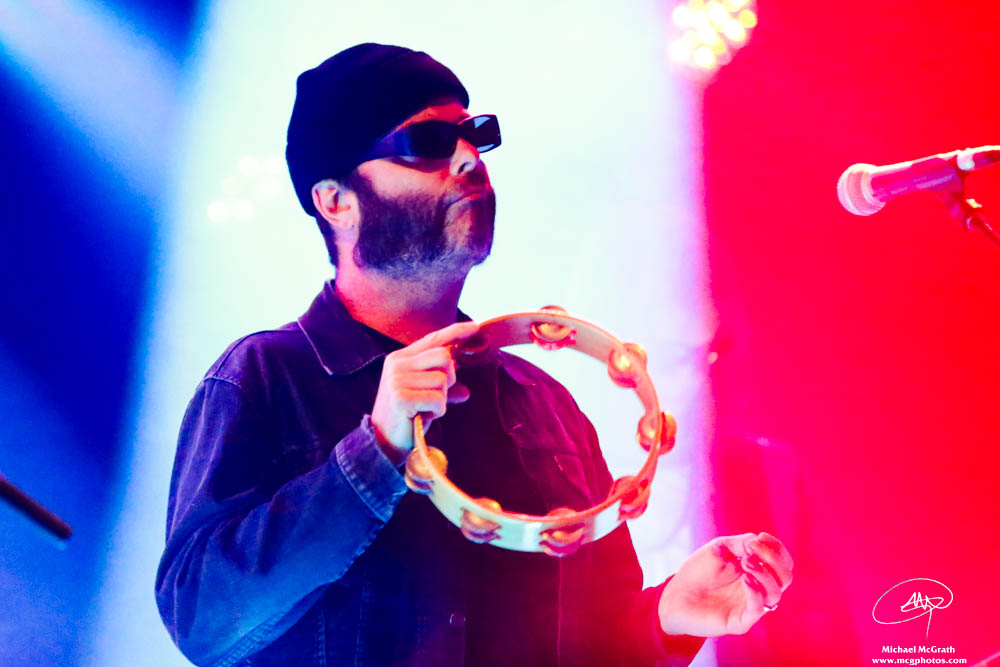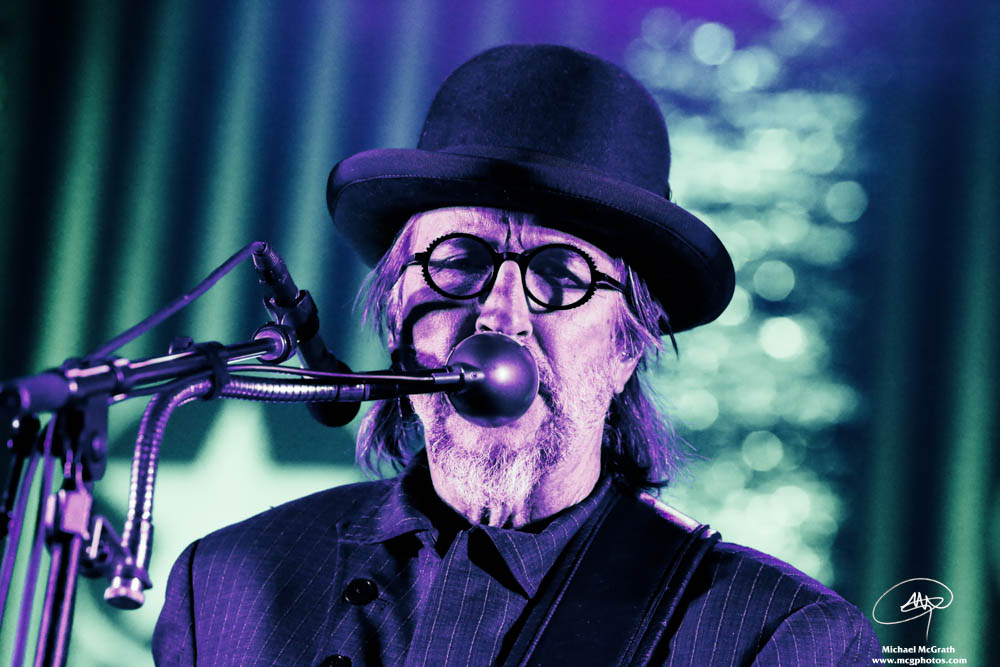Kendall Smith is the Event Director of the Underground Music Showcase at the Denver Post. UMS is quickly approaching – kicking off this year on July 19th. We are excited to learn much more about the inner-workings of the showcase and what to expect in years to come.
AudioVore: So let’s get real basic; what year of the UMS is this one?
Kendall Smith: This is our 12th year
AV: And when did you take over?
KS: Last year was my first year as the director of the event but I volunteered for a couple of years before that.
AV: Was your first year a trial by fire?
KS: (laughs) Yeah, somewhat. I am kind of new to this business so I’ve been in full on learning mode the entire time, which is a good thing.
AV: How many people attended last year?
KS: Last year we estimated 11,000, but that’s over the four days and it’s a little difficult when you’re dealing with a four-day wrist band, multiple days, and multiple venues. You have to try to estimate a little bit on how many people are coming every day but I was as scientific as I could be as a former finance guy.
AV: 11,000, wow, that’s a ton of people.
KS: Yeah over the four days it is. It’s a good crowd. And we’ve seen steady growth over the last four years or so.
AV: How many bands played last year?
KS: We broke 350 performances and so right now for this year we’re sitting at 300 and we’re still adding some people. We’ve still got a few more things up our sleeves.
AV: You guys have a super secret guest right?
KS: Yeah, there are some people we can’t really talk about yet. Some might be announced the last week of June, others we might sit on a bit longer. To keep it interesting, you know?
AV: So why did you choose for the UMS to be a non-profit organization and what exactly does that entail?
KS: Well when we brought the event into the Denver Post last year…it had been operated and associated with the Denver Post prior but wasn’t really a function of the Denver Post per se, it was a lot of really good hearted people moonlighting and building this thing up into the well loved institution that it is. But last year when the management of the Post decided to bring it in house, we looked at the look and feel of the event, and the whole vibe you have when you’re down there in the Baker district of South Broadway and Jerry Grilly, the CEO of the paper at the time, thought it was a great idea to add this to the Denver Post Community Foundation. We have a number of signature events that they put on throughout the year that benefit the actual foundation and he thought this was a good candidate to add to the portfolio. So all net proceeds of the event do go into the Foundation and every year we pick a couple direct beneficiaries that we’ll do grants to. Last year it was Flobots.org and this year we’ll do Flobots.org and we’ve added another, which is VH1’s Save The Music foundation. Two really great organizations that work with youth and are music based.
AV: So Flobots.org is local based, we’re guessing that VH1’s Save The Music a national organization, is that right?
KS: I believe they’re international but the grant that we will give them will be used locally. They already operate in some schools here and it’s a really cool program that I learned about. They go in and provide a grant to a school to buy the whole portfolio of musical instruments so that they can run a music program. So they help come in and create a music program in a school that otherwise wouldn’t have one. And when they buy that equipment, they buy it locally so that the funds are actually spent in the community that they’re putting the music program into.
AV: So what is the goal of the UMS and has it changed over the past 12 years?
KS: I can only speak for the last couple of years, but I think our goal for the event is to continue to provide the preeminent local music survey. If you come down for four days you’re going to get a really good cross section of what’s going on locally in our music scene. Ultimately I think the goal for this event is to build into a destination event. An event where people want to come to Denver in July, check out the entire event, check out what we have to offer musically, where artists in town and out of town want to come here and play and get the exposure, and where industry people want to come here and check it out. I mean, how often can you go somewhere and really check out the number of bands you can see.
AV: Definitely, there are very few festivals that provide that kind of opportunity to bands in their own community.
KS: Yeah, and again, we’re working to grow the audience for the event. It’s a good event, the vibe you get when you’re down there – the crowds, the bands, the fact that so many local bands actually get to hang out together for the weekend when their normally so far flung playing their own gigs and it’s almost a coming together or gathering of the tribes for them that weekend as well. I think that’s one of the main reasons it has such a great feel to it.
AV: What is the future plan for the UMS? Are you going to grow and have more bands? Are you thinking of moving it to another part of town? Are there any ideas for changing the festival inherently?
KS: Changing it inherently? (laughs) No. I think we’ll continue to evolve and it’s important to grow the event in a stable manner to ensure it’s longevity and we have a little bit of structure and stability being associated with the Denver Post and it being a charity event. I would like to grow it and allow more and more artists to participate, to have more and more people to enjoy the event. But it’s a challenge when you say that because people try to make that leap to commercialization or selling out or watering down and that’s not what we’re looking at doing at all. Again, we’re looking at providing the best survey of the local music scene and providing a good, safe event for people.
AV: Yeah, definitely.
KS: To address your question about moving, I don’t see any reason to move from South Broadway. That neighborhood has been so good to us and I think that if you had a snapshot of that neighborhood four or five years ago compared to now, it’s an evolving neighborhood as well.
AV: Is there a point in the near future where you see this event being too big for South Broadway?
KS: We’ll have to cross that bridge when we get to it and there are always solutions. To me, that neighborhood is a good piece of the event itself.
AV: As a huge event in the Denver music scene and with a mostly local lineup, how does it foster the scene itself? With more national artists this year than in past years, is that to try and bill it as a destination and give people a reason to travel here other than the local artists?
KS: It’s funny because I don’t think there are more national artists this year than in previous years. I think we’ve picked up a few that are a bit more ready than in the past. We’re proud of the lineups we’ve had in the past and there are always big bands that you instantly recognize but I’m not sure where a lot of that is coming from. If I look at the ratio of the performances and compare it to last year, the amount of out of town bands we booked compared to the number of local performances, I think it’s going to come in at about the same. Would I like to continue to book a few higher profile bands? Yes. Would I like them even more to be from Denver? Yes. But often times it doesn’t work that way and when you look at local bands, when they’re taking off they’re out of town during the summer or they’re preserving their local plays.
AV: What kind of contracts do you make with bands playing the UMS?
KS: We request that they try not to play a couple weeks before and a couple weeks after. Obviously with some of the bigger bands we like to have a radius clause but we certainly understand the music scene in Denver and that it’s difficult to try and close down the scene for an entire month.
AV: What opportunities or direct benefits do you think local bands have when they play the UMS?
KS: Obviously there is exposure. You’re down there playing an event that’s drawing fans of other acts and instead of your direct circle of followers you have, when you come down and play this event there are a lot of people that stumble upon new favorite bands. That’s the beauty of events like this, you end up in a place you weren’t expecting and suddenly you’re blown away by a performance. We’re also trying to encourage industry folks to come check it out and see what they can of the scene. I know people have picked up labels based on their UMS performances.
AV: In inviting industry people to come down, is there a specific effort or outreach to people in New York, L.A., Nashville or in some of these other big music cities?
KS: We’re still building that piece of it and obviously we’re not rolling in cash, as a non-profit we’re being conservative with the budget and trying to ensure the stability of the event. We do invite contacts that we have and try to create a few panel discussions here and there that might be intriguing. Last year we had some people come in that spoke at those panels and were actually from out of town.
AV: Oh! We didn’t know there were going to be panels this year, where are they going to be held?
KS: This year we’ll have a couple of different venues and we’ll be unveiling those probably here in the next few weeks.
AV: So let’s talk about the challenges of running the festival. Obviously you guys take over a whole neighborhood but what roadblocks have you overcome in the past years and do you have any this year?
KS: I don’t really see roadblocks. I guess when you think of challenges you think about how easy it is to have eyes bigger than your stomach. You just have to stay disciplined, set your plan and stick to it. Again, my biggest challenge in the past two years has just been the learning curve. I come from a business background and a pretty solid analytical background but there are nuances to this business that I, well luckily I have a team that’s helping me understand those things and guiding us through.
AV: What other festivals do you look up to or take inspiration from?
KS: I like them all! I know that’s a cop out answer but every event has it’s own mission, it’s own guide you know? The past couple of years, the things I’ve been to like CMJ and SXSW are fun and interesting and even just the general festivals like Lollapalooza, those are great but they all had their own mission and we’re just trying to carve our niche. We’re trying to stay true to the founder’s original vision and build the stability into the organization.
AV: So then you guys don’t look at other regional festivals near as much as you look at the national festivals?
KS: I’ve just spoken in terms of the ones I’ve been to. How could I really talk about something I haven’t seen?
AV: Do you get to see a lot of shows at the UMS or are you too busy running the whole thing?
KS: That’s kind of funny because as the booking team is putting it together I get so excited and so proud of the work they’ve done. I always like to think in the back of my mind that I’m going to carve out that thirty minutes to go see a band and every time I say that to myself, push comes to shove and I just have to go with it. If I find myself in a great place, it’s just a happy accident.
AV: So are you scared? Excited? Freaking out? How is your mental state right now?
KS: (laughs) I’m probably at any point in time, one of those. Some points in time I’m all of those. More than anything though, I’m excited. I’m so excited about the work the team has done and this is something still new for me. In my past professional life there were a lot more returns on your work more often through the course of a year but this just builds and builds and then in that weekend you take time to enjoy it and when it’s over it’s just such a feeling of satisfaction.
